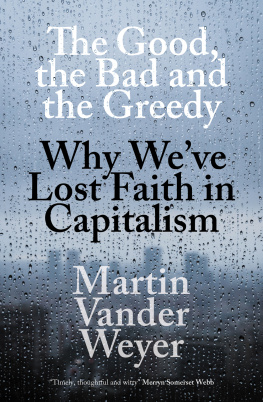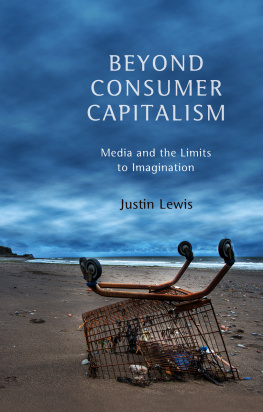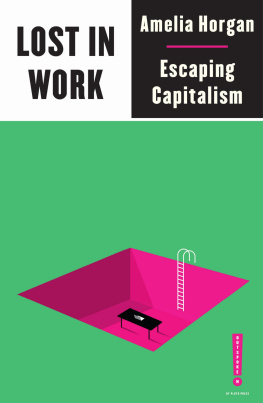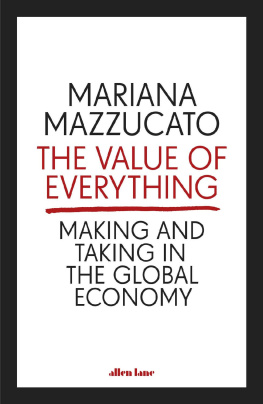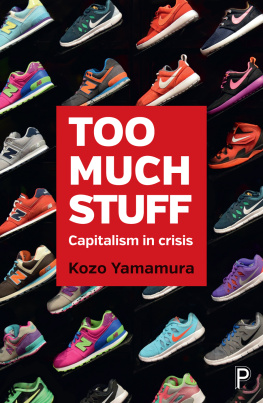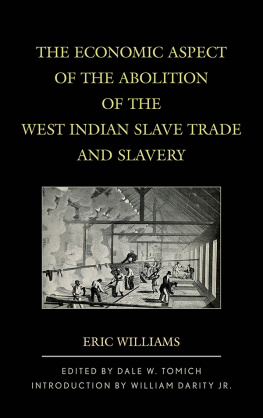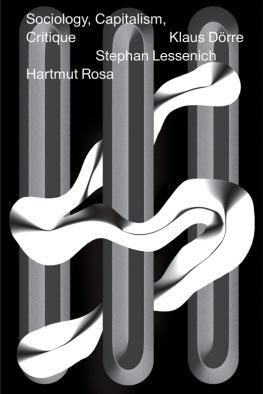We have a problem: we know capitalism works, but we also know most people think it doesnt. Being pro-capitalism isnt fashionable but it is right. How do we sort this out? This timely, thoughtful and witty book offers some excellent answers.
Merryn Somerset Webb, editor-in-chief of MoneyWeek and Financial Times columnist
Martin Vander Weyer has written a magisterial analysis of how modern capitalism has lost its soul. With public support for free-market capitalism evaporating, we need to restore the sense of purpose and obligation that the greatest companies once possessed but which has been lost in a jumble of management-speak, mission statements and cost controls. The Good, the Bad and the Greedy is essential reading for anyone who wants to understand why a system that has delivered unprecedented prosperity has also become so unpopular and who wants to start figuring out what we might do about it.
Matthew Lynn, Daily Telegraph columnist
Martin Vander Weyer makes a clear case that capitalism is not dead but is often broken by broken people.
Lord Browne of Madingley, former chief executive of BP
This book is a highly engaging combination of economic history, finance and philosophy. It tries to answer the really important questions about business and markets. Whom do companies serve? Can they be more ethical and remain successful? Is reform needed? It covers the critical subjects of tax, executive pay and philanthropy in a balanced and brilliantly readable way. It should be recommended reading for investors, managers, entrepreneurs and politicians or indeed anyone interested in debating the strengths and weaknesses of the free-enterprise system.
Luke Johnson, entrepreneur and former chairman of Channel 4 and the Royal Society of Arts
Timely, insightful and beautifully written.
Rupert Younger, director, Oxford University Centre for Corporate Reputation
The Good, the Bad and the Greedy explains clearly, with humour and in an easily readable form, how financial markets work, how they affect us all and how from time to time a few greedy undesirables find ways of misleading the public and swindling them. Regulations to prevent fraud exist, but regulators are always slow to catch up. Many firms with decent directors are often too big for top management to supervise effectively what is happening at street level. The result is that public trust in the system gets damaged. Martin Vander Weyer proposes changes to repair that damage and, in particular, to reestablish the City of Londons reputation. Even if you feel you have no stake in capitalism, you still ought to know its pros and cons. This is a good way to find out.
Sir Martin Jacomb, former chairman of Prudential and Canary Wharf Group and former deputy chairman of Barclays
Capitalism works best when it enables, through ownership, citizens to have a stake in the nation. It fails when it adulates the making of money without a social or moral purpose. Martin Vander Weyers laser mind shows the way out of our present turbulence.
Lord Vinson, industrial entrepreneur and founder-director of the Centre for Policy Studies
A handbook for a new start: a thoughtful analysis of what has gone wrong in the financial world, and the history of how that has come about.
Jonathan Ruffer, investment manager and philanthropist

CONTENTS
I n this timely and important book, Martin Vander Weyer has given us an entertaining but credible warning that all is not well in the City and the corporate world. Relying upon his many years of experience, both as a banker and as a respected financial journalist, this book will raise serious concerns in both the City of London and the corridors of Westminster.
The problems of modern capitalism he writes about so convincingly had their origin a long time ago though I am old enough to have been a spectator at the time. I left school to start work in 1948 and discovered that the economic stimuli offered by the Labour government of the day excessive regulation and confiscatory taxation on top of an exhausted post-war economy were rapidly turning Britain into the sick man of Europe.
It took me some years to understand why, in fact, taxes came to be so high. But I never understood why they were kept there, as they were by both parties: to be fair, Conservatives in that era were little better than Labour. The war had been a desperate fight for survival in which the entire economy had to be marshalled to support our armed forces. In a world where many were risking and losing their lives, it was not seen as fair that some should profit so the tax system was one that focused on levelling down to make sure, to coin a phrase, that we were all in it together. That the wartime taxation system put an effective limit on how much any individual could earn at a time of national and individual peril was seen as eminently fair.
The first Labour post-war government retained wartime confiscatory tax rates, again in the interest of fairness. Unfortunately, what had been seen as fair at a time of national emergency was not regarded the same way by a post-war society, a few years later, of people who were anxious to rebuild their lives. I find it difficult to believe today that I actually spent the first thirty-one years of my working life in a world where the top rate of income tax was 83 per cent, with an additional 15 per cent surcharge on any interest and dividends.
Even worse, the prevailing ethos of the time was that profit was theft, that one persons profit was anothers loss, for the economy was regarded as a zero-sum game. This was so universal that, after starting my first business in the early 1960s, I would be reluctant, on meeting people socially, to say I worked for myself for fear of being regarded as disreputable!
The result was a flourishing black economy. There was also an abundance of what were known as lifestyle companies providing comfortable perks for family owners who (unlike Germanys Mittelstand) had no incentive to develop and expand businesses which would often end up being sold to pay death duties.
We were rescued from all this by the Thatcher revolution of the 1980s and by the Big Bang reform of the City. Once tax rates came down and people saw there was a reason to work, then we started to promote start-ups and self-employment and we slowly began to rebuild the economy. The initial reduction of the top rate of tax to 60 per cent in 1980 and to 40 per cent a few years later transformed our economy and the lifetime prospects of a whole generation.
But it did far more than that. For the first time in decades, it became possible to accumulate wealth out of earnings and, suddenly, how much you earned became more important than status which had been the principal reward for success for all the post-war years. As banks and other financial institutions from the United States and Europe expanded their operations in London, competition for talent started in earnest and top salaries rose disproportionally.
From the 1990s onwards, we saw a steady acceleration of rewards for those at the top of companies. In the first half of that decade, I was executive chairman of Cable & Wireless, a company near the top of the FTSE 100, at what I thought a handsome salary. My successor received twice my salary and after three years or so he was replaced by two people, costing twice his! It is one thing to reward entrepreneurs who take personal risks to create new businesses or services and whose wealth is founded on the equity they themselves helped to create, but it is quite another to reward someone in the same way who has merely had the stewardship of an existing business for a few years. This executive pay spiral has now risen to a level where a CEO can take home a hundred times or more the shopfloor wage, often irrespective of results achieved. But we still live in a democracy and if the government tolerates such glaring inequalities for long, the voter may well not.
Next page
